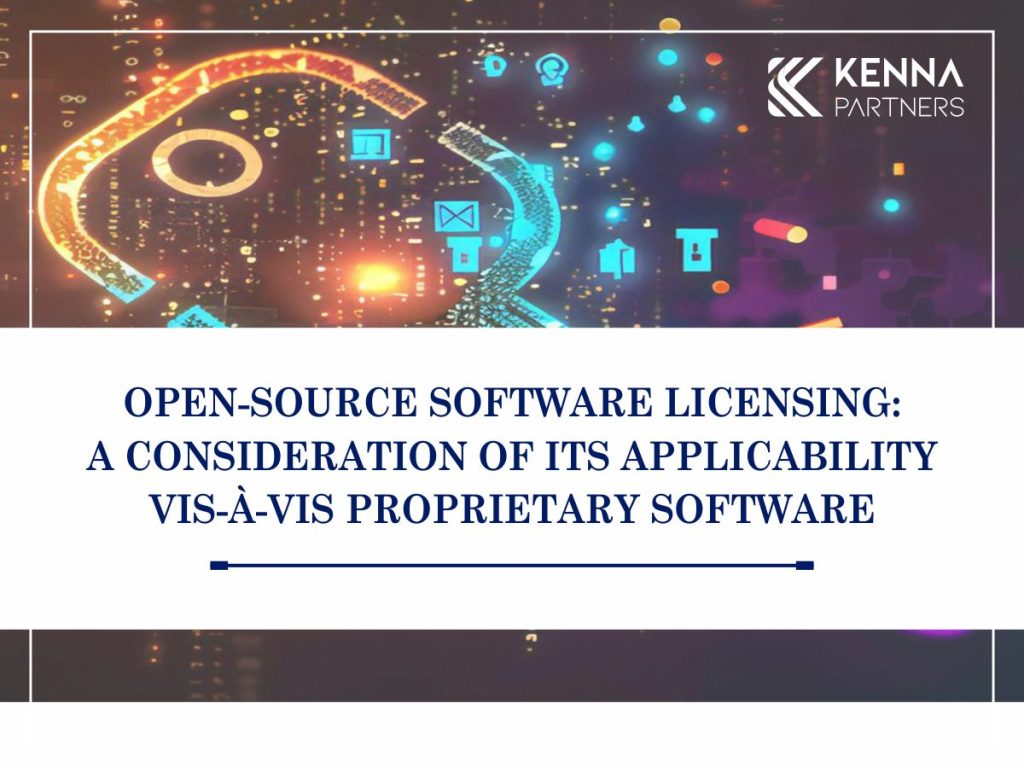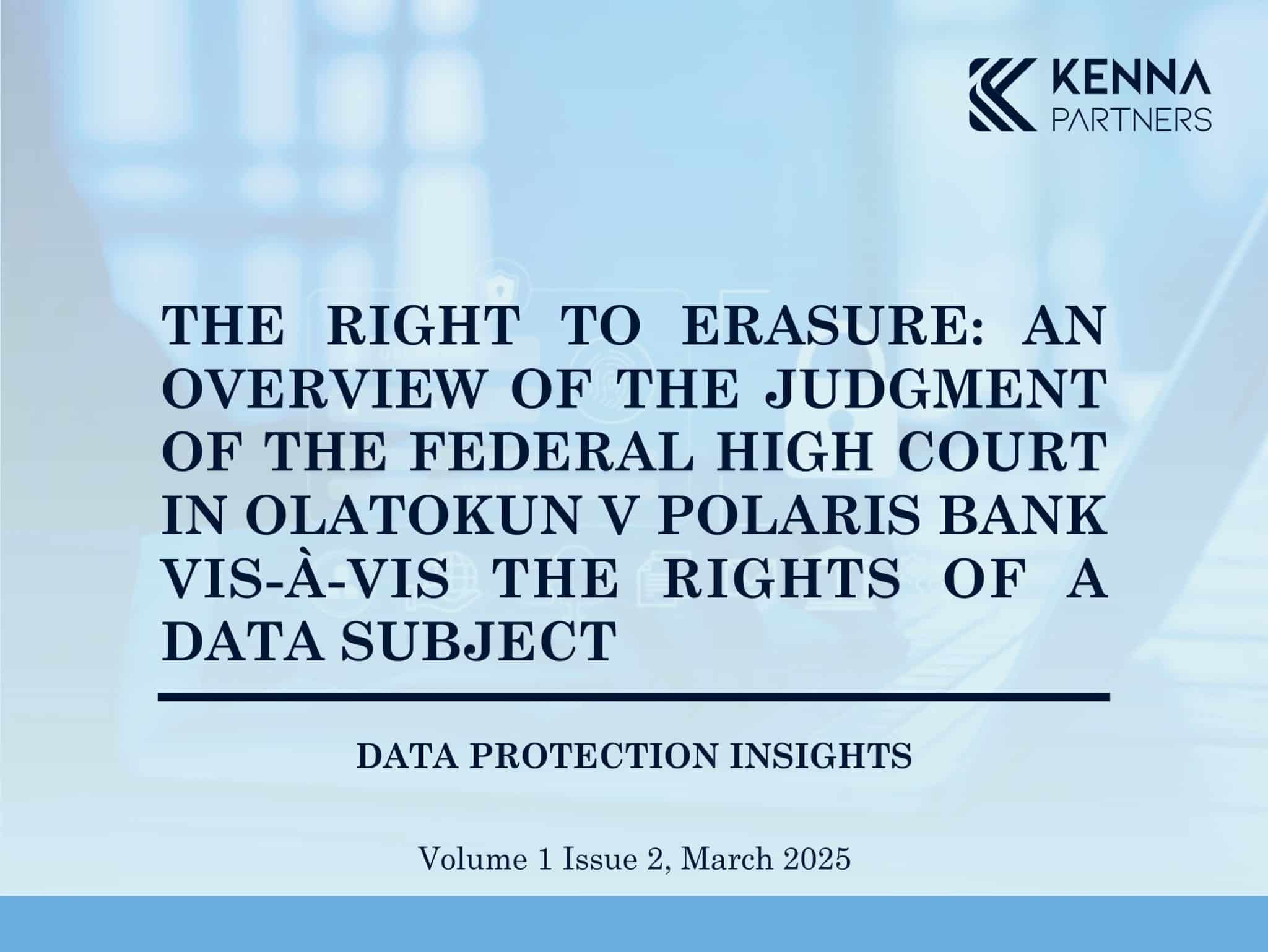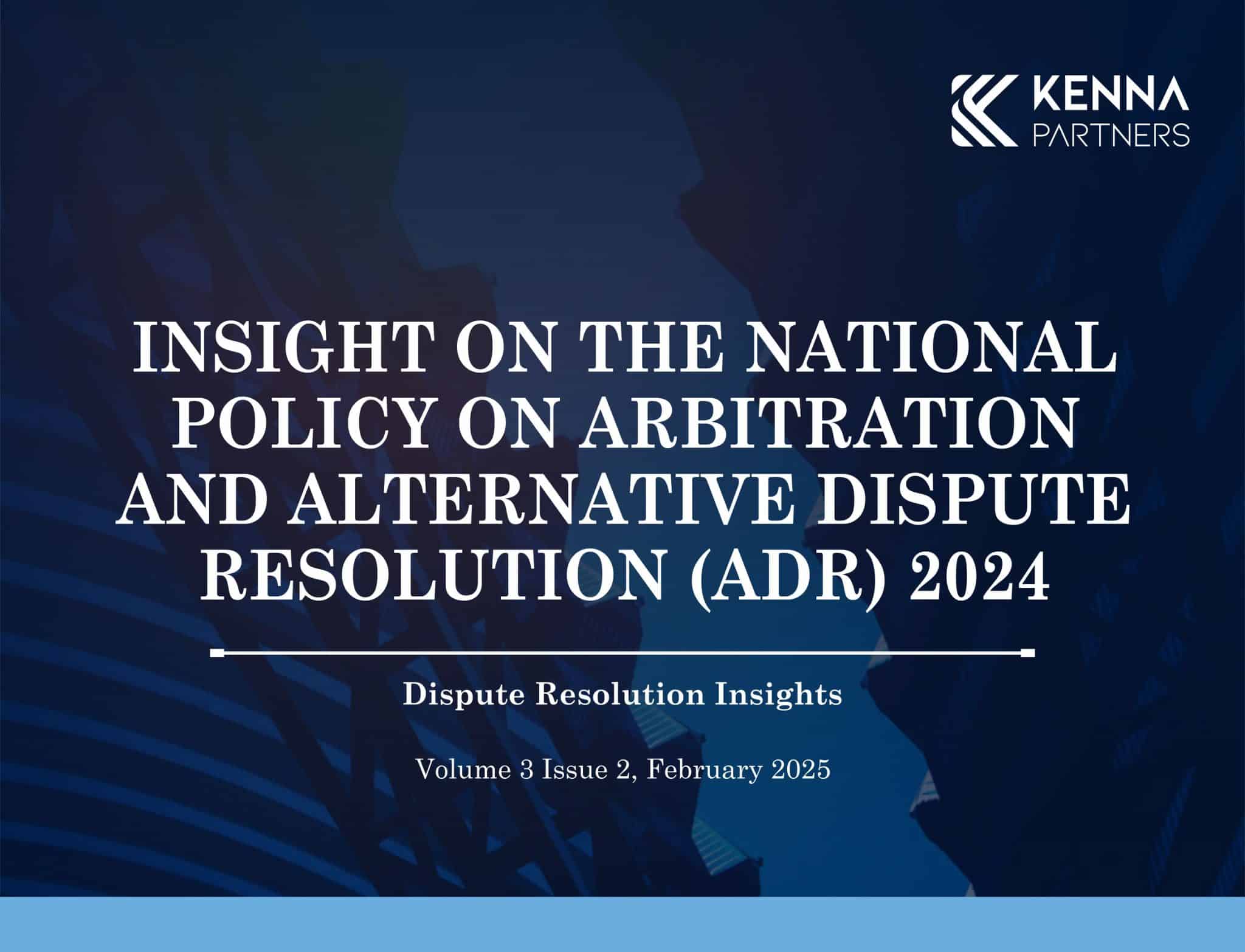Open-Source Software Licensing: A Consideration of Its Applicability Vis-À-Vis Proprietary

Table of Contents
- Loading table of contents...
Intellectual Property encompasses a broad spectrum of intangible assets, including inventions, literary and artistic works, designs, symbols, names, and images used in commerce. Given the intrinsic value and importance of such assets to individuals, businesses, and society as a whole, the prevailing practice has been to protect any and all Intellectual Property from third-party interference. Thus, the practice of Intellectual Property protection exists to safeguard creations of the mind from unauthorised use or reproduction by third parties.
To this end, various legal mechanisms and frameworks have been established to ensure the effective protection of the different classes of Intellectual Property rights (copyrights, patents, trademarks, and industrial designs). Each of these
classes of protection offer distinct avenues for safeguarding different types of intellectual creations, thereby providing creators and innovators with the necessary legal tools to prevent unauthorized use, reproduction, distribution, or exploitation of their intellectual assets by third parties.
However, an exception to the prevailing practice of safeguarding Intellectual Property from unauthorized third parties exists in the realm of Open-Source software programming. Open-Source Codes are readily and legally available for free to third-party and end-users to alter, share and reuse as they see they see fit. This is an antithesis of the attitude commonly displayed with other intellectual property works.
Open-Source programming lacks the jealous protection other works of intellectual property are subject to from their creators and instead adopts an almost community-like approach encouraging the end-users to interface with the source codes for the purposes of learning, sharing, duplication, or otherwise.
From the perspective of Intellectual Property rights, this raises the question of what protection Open-Source software are afforded given their collaborative nature and to what extent those rights are protectable.





